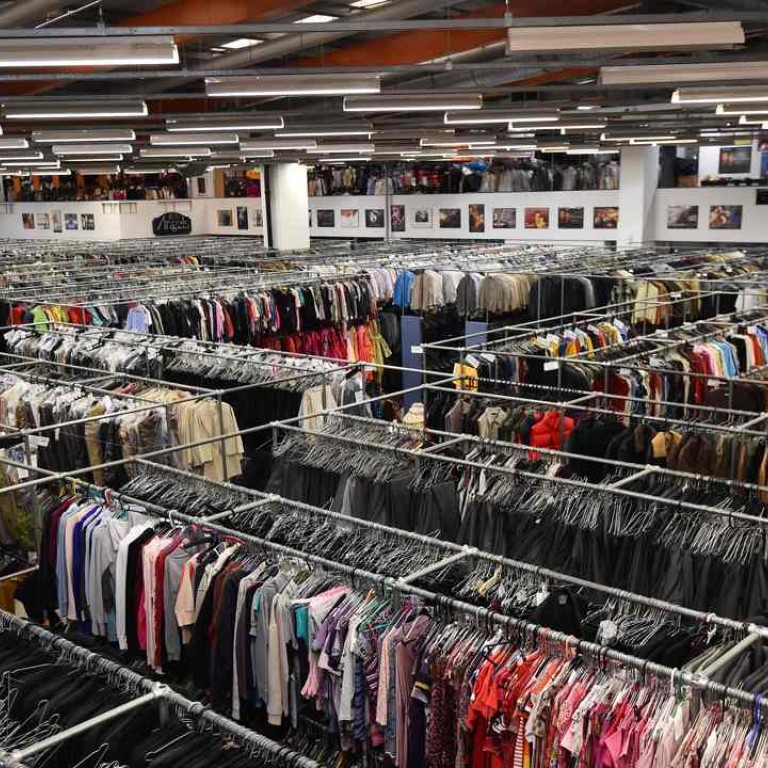
Britain’s Segro doubles property development budget on e-commerce strength
Segro, Britain’s largest listed industrial developer, plans to spend up to 300 million pounds (HK$3.35 billion) on developing property this year
Segro, Britain’s largest listed industrial property developer, expects to nearly double its development budget this year, as a shift towards e-retailing across Europe boosts demand for logistics warehouses, the company’s chief executive said.
Segro plans to spend up to 300 million pounds (HK$3.35 billion) on developing property this year, up from the 164.4 million pounds it spent in 2015 on developing 19 projects, said CEO David Sleath.
“The growth in online retailing is causing retailers and their delivery partners to fundamentally reconfigure their supply chain,” Sleath said.
“That means we’ve got a great opportunity to go even further and faster on our development.”
Delivery companies constantly need more warehousing space as they expand their door-to-door services to cater to the increasing number of people going online to purchase everything from clothes to air conditioners.
Miles Gibson, the head of UK Research at property consultant CBRE, expects total return on industrial property this year to be higher than all other commercial property.
Segro, which operates mainly in Britain, France Germany and Poland, competes with Prologis, Goodman, Brookfield’s Gazeley and a number of smaller companies.
Sleath said Segro could easily spend about 800-900 million pounds to develop new warehouses and industrial properties over the next five years.
Current and potential developments in this period could yield annual rental income of about 109 million pounds, or about 38 per cent of its current income stream, Segro said.
Segro has spent the best part of a century reshaping industrial land. Four years ago it began a major overhaul that resulted in its exit from several European markets and a renewed focus on catering to e-retailers.
The company’s property portfolio was worth 5.7 billion pounds at December 31, compared with 4.8 billion pounds a year earlier.
Segro not only plans to build industrial warehouses, but wants to set aside some land for new homes.
Helped largely by strong rental growth in Britain, Segro on Friday reported a 21 per cent rise in EPRA net asset value – a key measure for developers that reflects the value of buildings.
Segro’s shift towards e-commerce and a recovery in demand should help it deliver above sector average NAV growth, Investec analyst Alison Watson wrote in a client note.

